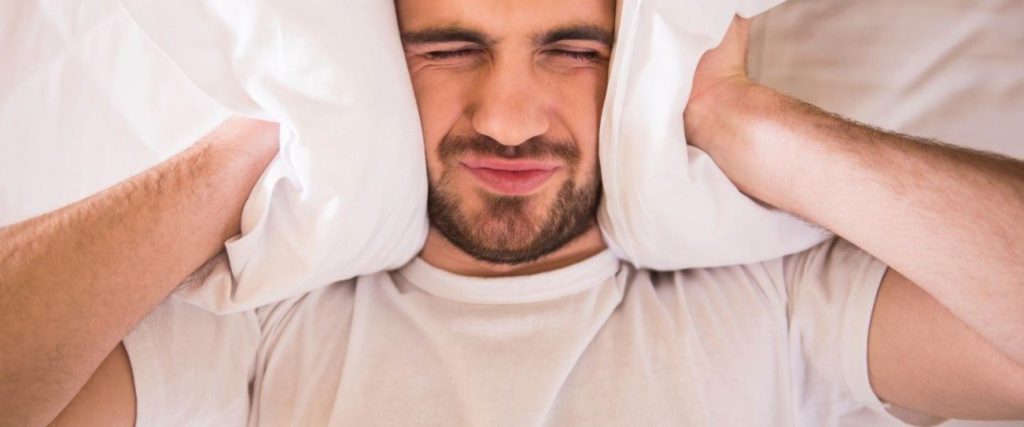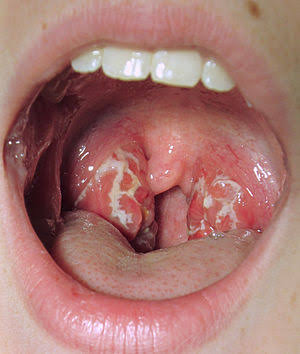Five Ways To Reduce Snoring!

Does your partner snore loudly? So loudly that you yourself have trouble sleeping?! Men usually snore much more than women, so it’s usually their partners who persuade them to come to see us at The ENT Clinic in Singapore. Of course, some women snore too but most snorers tend to be male.
What are the reasons for snoring to occur in Singapore? Snoring is basically a clear sign that there is some degree of airway obstruction when you sleep. You won’t snore when you’re awake because you are positioned upright and also, you use your muscle tone to maintain an open airway to breathe. This all changes when you fall asleep, when your muscles become more relaxed, leading to potential levels of airway obstruction, and hence snoring. There are many causes of snoring so the easiest way is to classify them into lifestyle, structural and dynamic factors:
Lifestyle factors for snoring:
- Weight gain increases the buildup of fatty tissue on the front of your neck which tends to press downwards on your airway when you lie flat to go to sleep.
- Smoking irritates the lining of your nose, throat and airway by causing a chronic inflammatory process to occur, resulting in increased mucus production and soft tissue swelling. It doesn’t matter whether you’re smoking cigarettes, cigars or vaping, the best way is to avoid all types of smoking completely.
- Alcohol, especially, in large amounts, leads to further muscle relaxation to cause a dynamic collapse of your airways and hence, worsening your snoring. Alcohol also results in a delayed drop in your blood sugar, which then leads to you waking up in the middle of the night.
Structural Factors for Snoring:
- Large tonsils: Some people have huge tonsils which did not naturally shrink in childhood, so these”golfballs” of lymph gland tissue, may cause overcrowding of the back of your throat, collapsing towards the midline to cause loud snoring and mouth-breathing. Some patients also complain of a persistently dry or sore throat because they are breathing through their mouth for long periods when asleep, and this is not normal at all.
- Floppy soft palate and long uvula: The back of your throat may just be rather crowded with a tight narrow inlet for air to enter your throat and airway, due to these other anatomical structures.
- Deviated nasal septum: Some people, either due to previous nasal trauma or developmental issues, have a crooked nose structure deep within so one or both nasal passages may be severely narrowed by crooked bony spurs sticking into their nasal airway.
- Enlarged inferior turbinates: The “sausages” of the nose normally serve to warm and humidify the air entering your nasal passages but sometimes they remain persistently swollen and inflamed due to underlying nasal allergies, such as to House Dust Mite, the most common allergen to irritate people’s noses in Singapore.
- Other structural factors such as having a large tongue or bulky tongue base, or backward-facing cartilage flap (the epiglottis), may also lead to airway obstruction and hence, snoring.

Dynamic Factors for Snoring:
- Some patients have generalised airway collapse in multiple levels of their throat and airway: These people would do best with a trial of CPAP, Continuous Positive Airway Pressure, to drive pressurised air into their airways to keep them open when they sleep. This prevents airway collapse at multiple levels, and these patients may not do so well with nose, throat or jaw surgery to treat underlying sleep apnea.
So here are Dr Annabelle’s 5 Tips to Try to Reduce your Snoring:
- Try lying on your side rather than flat on your back.
- Try a nasal decongestant like Afrin or Otrivine for a short period of time to see if it’s your nasal congestion causing the snoring.
- Try an antihistamine tablet to reduce nasal allergy irritation and mucus. You can usually buy some off the counter like Zyrtec, without a Dr’s prescription.
- Weight loss can help to reduce pressure on your airway by decreasing the fatty tissue building up on the front of your neck. This is usually safely done in a controlled gradual manner over a course of several months through careful diet and regular exercise such as brisk walking, swimming, running and cycling. If this still doesn’t help you lose weight, then medications such as Ozempic and Saxenda may help improve weight control and blood sugar maintenance.
- Try a dental device/mouthguard to push your jaw forward to help open up your airway. This can be obtained from your dentist or may be sold at a local pharmacy. It has to be properly fitted inside your mouth, otherwise it can potentially obstruct your breathing further to worsen the snoring.
Share this blog via:


